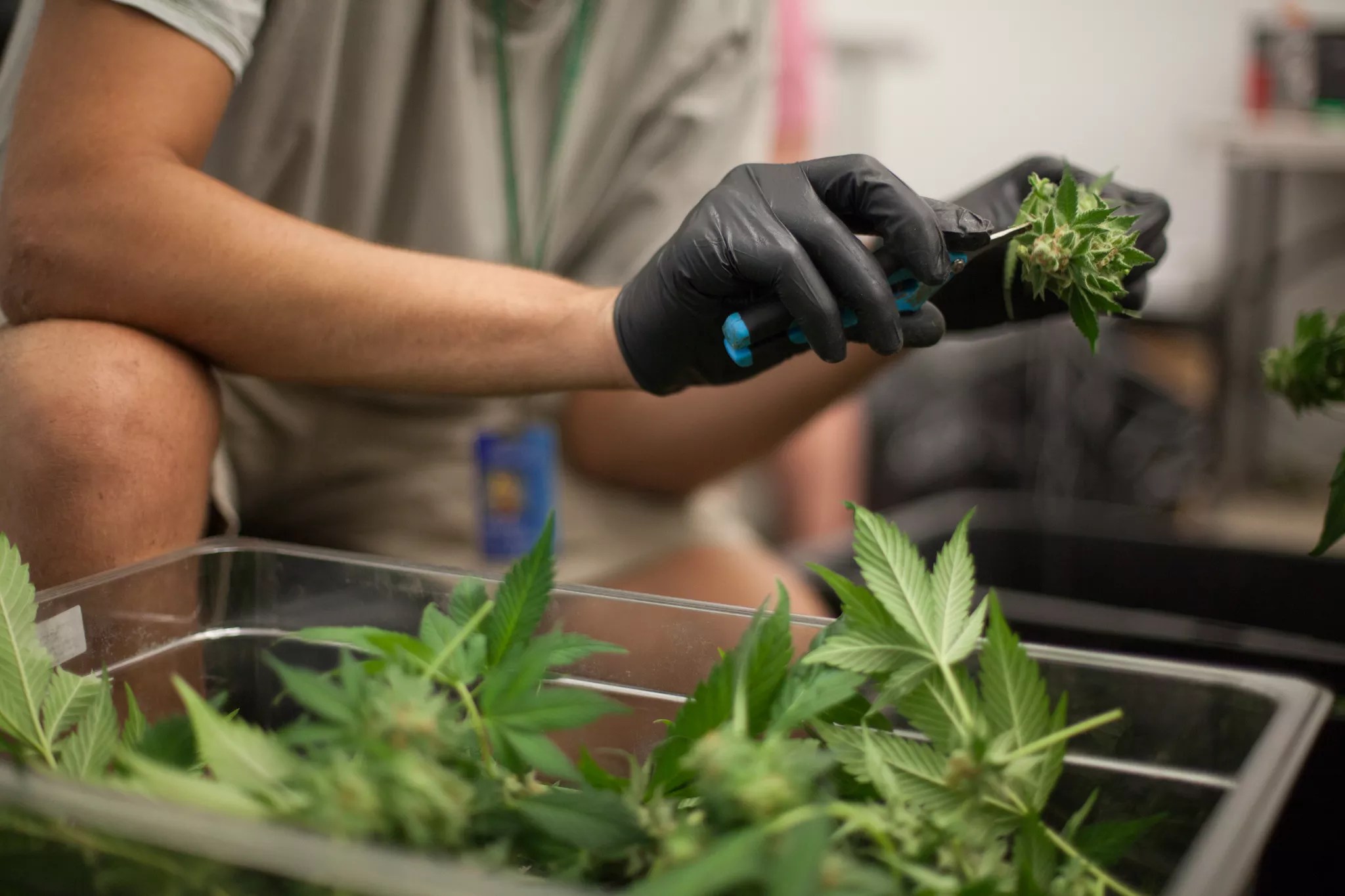
Jacqueline Collins

Audio By Carbonatix
Colorado’s new Cannabis Business Office has launched technical services and support programs for budding marijuana entrepreneurs, with low-interest loans and grants coming soon.
The technical assistance program, launched February 2, will provide new business owners with help on their marijuana industry licensing, finance and operation plans, all of which carry a long list of rules or regulations because of the plant’s federal prohibition.
Loan and grant applications will begin in March, according to Cannabis Business Office manager Tristian Watkins, with completion of the technical assistance program required for eligibility.
“The program acts a prerequisite, but there is a carveout for two other programs that also work,” Watkins says, explaining that those who have completed courses offered by the Color of Cannabis and Marijuana Industry Group, two trade organizations, are also qualified for grant applications.
Despite being the first state in the nation to allow recreational sales, in recent years Colorado was the focus of growing criticism because it did not have social equity programs in place for communities impacted by the drug war. A branch of the state Office of Economic Development and International Trade, the Cannabis Business Office was created by a bill passed in 2021 by the Colorado Legislature that established a series of grants, low-interest loans and technical-assistance programs intended for marijuana business owners who qualify under the state’s social equity marijuana provision.
That provision prioritizes communities impacted by the War on Drugs, and requires that applicants prove one of the following: They or their families were arrested on certain drug charges, they earn less than 50 percent of the state median income, or they come from a community designated as a low-economic opportunity zone by OEDIT.
Local governments such as Aurora and Denver have created their own licensing priorities for social equity applicants, but Watkins says that funding and technical assistance have been consistently cited by new marijuana business owners as significant barriers to success. The new state-approved curriculum for the technical assistance program was created by Make Green Go, a California-based consulting firm that helped the City of Oakland craft initiatives for the country’s first social equity marijuana policy.
“We provide information about what it’s like to be an entrepreneur, and the different commercial cannabis activities they can engage in the regulated market. We have a big focus on business development, and all of the research and planning, including financial statements,” Make Green Go owner La Wanda Knox says. “Something we want to continue doing is put training first. We think getting the business education information out to social equity applicants is important to their access early on.”
After her first run in Oakland, where nearly 200 social equity marijuana businesses are open but some licensees are struggling to pay back government loans, Knox wants to focus more on consumer awareness this round, to ensure that social equity licensees have more sustainable, recognizable brands.
“We focus so much on the licensing and getting up and running. Then a lot of brands or products get out there, but they have a hard time getting that product on store shelves and getting awareness for consumers,” she explains.
As an established marijuana market, Colorado needs larger industry players to buy into the social equity movement in order for new businesses to succeed, Knox adds.
According to Watkins, the Cannabis Business Office has been “collaboratively working on ways to further incentivize the bigger players” to help small businesses get off the ground, but he says he can’t share details yet.
In the meantime, Knox is encouraging both would-be and established entrepreneurs to work together. “Whether you’re social equity or not, we should all see ourselves as being in this highly regulated market that is difficult to navigate on its own. We should be in it to make sure we’re providing patients and consumers access to the best product,” she says.